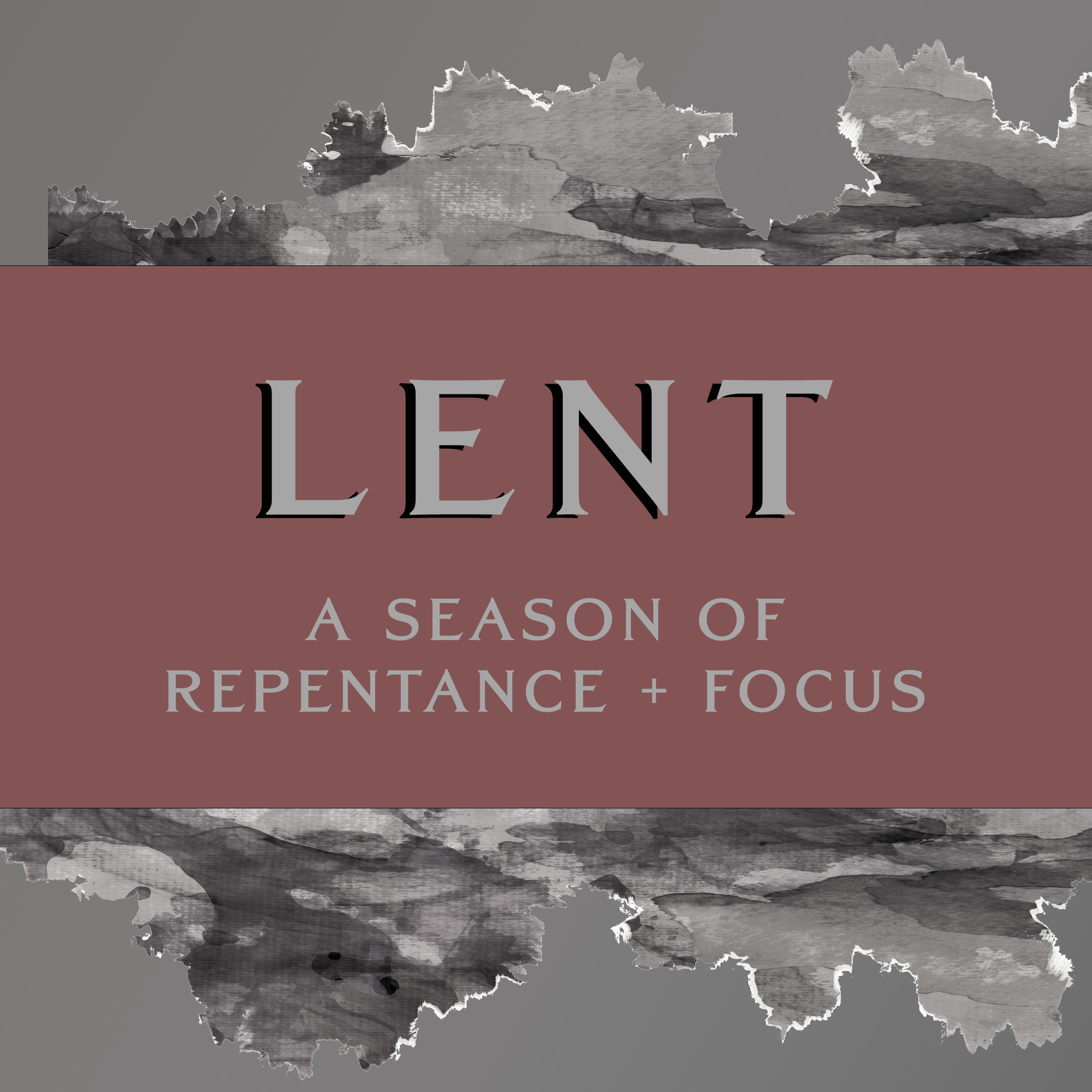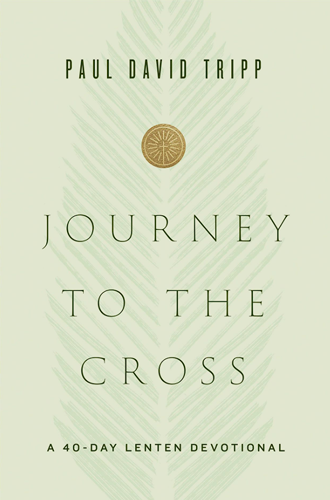A Letter From Pastor Danny

What is Lent?
Historically, Lent is a 6-week period (40 days) of the Liturgical Church calendar leading up to Good Friday and Resurrection Sunday (Easter). Like Advent, which we observe as we prepare for Christmas, Lent is intended to draw our focus toward both remembering a historical event—in this case, the Death and Resurrection of Jesus—and preparing our hearts, minds, and souls to encounter and worship God. February 22 is Ash Wednesday, a day in which the Orthodox Church inaugurates the Lenten season.
How is Lent observed and practiced?
Unlike Advent, a season of anticipation for the arrival of the Messiah, Lent has traditionally served as a season of sobering repentance for the practice of sin that required Jesus’ sacrificial death and atonement on the cross. As a result, many identify the 40 days of Lent as a time of fasting (from food, television, shopping, social media, etc.).How should we think of and practice Lent today?
Let me begin by clearly and definitively saying that Lent, like Advent, is not a requirement of the Christian faith or prescribed by Scripture. Lent, like other liturgical seasons or some habits of grace, is intended to stir our affection for Christ, enhance our attention towards the Triune God’s activity, and strengthen our relationship with God.Unfortunately, for many of us, our fasting is not focused on Christ, but rather, our sacrifice becomes our fixation. We slowly become frustrated by our fasting—however we have decided to practice it—and in some cases, become bitter at God for being legalistic and demanding. At our core, we mistake the reason for our observation of the Lenten season. Our fasting and sacrifice is not intended to harm us or earn favor from God; our sacrifice and our practice of Lent is intended to carve out space to consider the actions, motivations, and implications of Christ’s death and resurrection. We don’t give up food, Netflix, scrolling Instagram, or the latest lightening deal on Amazon; we are giving the time, mental capacity, and emotional energy typically reserved for those activities to reflect on God’s love toward us despite us (Eph. 2:1-10, Romans 3:12-26, 5:6-10, & 6:1-23, & Titus 3:3-11), that we might repent of our sin and rejoice in the God of our Salvation (Psalm 51:1-12, Ps. 79, Isaiah 53, 1 Thess. 5:8-11, Hebrews 2:5-18). To God be the glory forever and ever, AMEN!
Good Friday + Easter
I do hope you will consider how you might personally practice Lent this year, and invite you to join us as we observe Good Friday—April 7, 6:30pm—and celebrate the Resurrection of Jesus—April 9, 9:00 + 10:30am. Invite your family, friends, and neighbors to celebrate Easter too!



